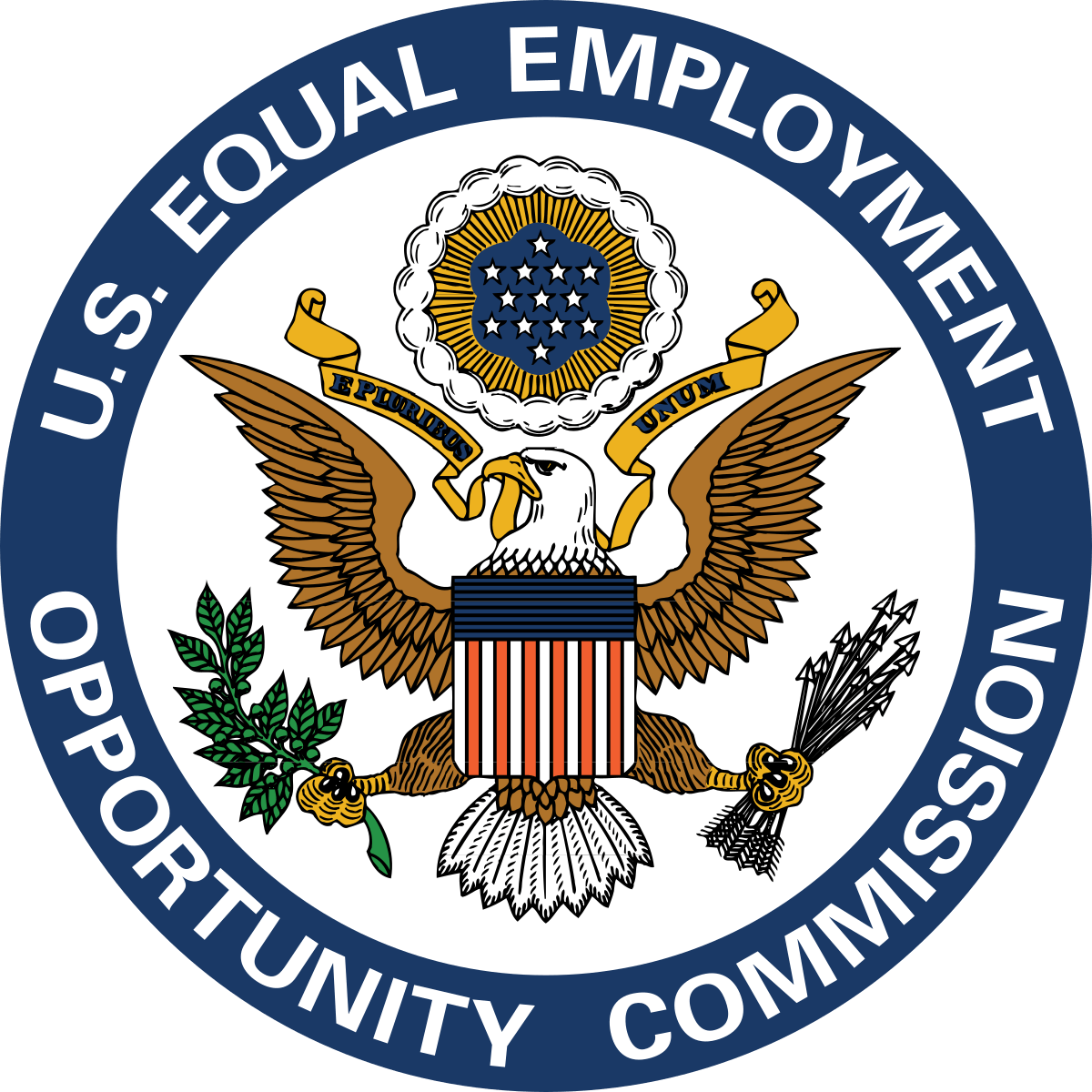The EEOC’s Latest Action Plan Likely to Increase Charges Against Employers

The Equal Employment Opportunity Commission (“EEOC”) has released its Equity Action Plan in response to President Biden’s Executive Order 13985, “Advancing Racial Equity and Support for Underserved Communities Through the Federal Government.” This action plan sets forth the following initiatives the EEOC will take:
First, the EEOC intends to do a variety of things which will make it easier for workers to file charges, such as: streamlining the process to shorten wait times for intake appointments, increase staffing at its national call center, make its online intake forms and public portal available in Spanish and potentially other languages, and increasing the number of outreach events in rural areas. In addition, the EEOC will update its website to make the most important and popular materials available in other languages beyond just English and Spanish. It will also make its materials more accessible to low-literacy and disabled individuals through the use of alternative formats, including print and radio, making it more likely for individuals to file EEOC charges against their employers.
In addition, the EEOC will focus on efforts to increase equity in recruitment and hiring and consider updating categories on the EEO-1 form, including further breakdowns on ethnicity, as well as potentially adding sexual orientation, gender identity, and disability status. All private sector employers with 100 or more employees, and federal contractors with 50 or more employees meeting certain criteria, are required to submit this form as it includes pertinent demographic workforce data, including data by race/ethnicity, sex and job categories.
Employers should know that while these efforts will likely result in an increase in charge activity, it does not mean these charges will be successful. It is always best for employers to consult legal counsel when an employee files charges, and never has that been more important than now as the EEOC executes their action plan.
If you have any questions on the EEOC’s Equity Action Plan, or any other labor and employment law matters, please contact the attorneys at The Royal Law Firm; (413) 586-2288. We know business matters!







